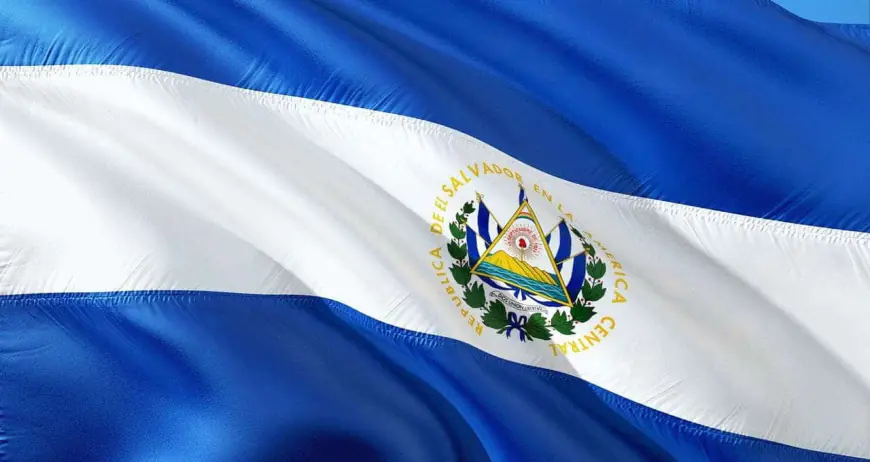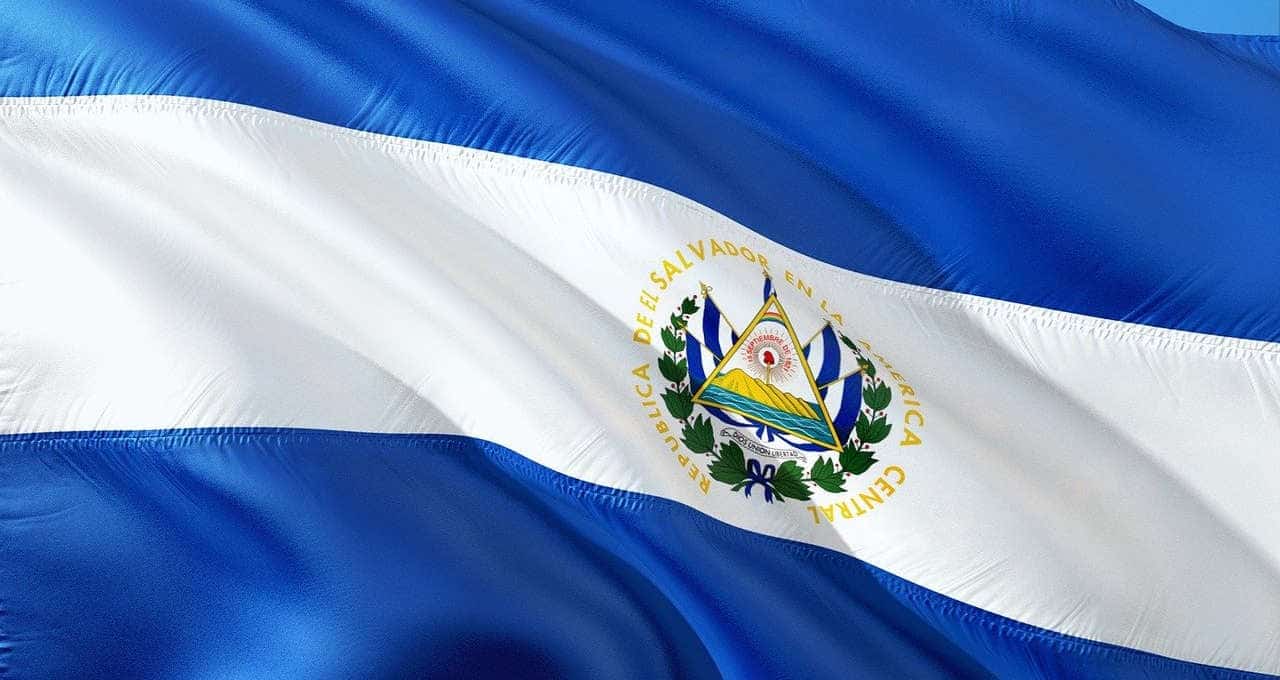IMF Urging El Salvador to Limit Bitcoin Use and Tighten Regulations
The IMF urges El Salvador to scale back its Bitcoin policies, warning of financial stability risks. President Bukele aims for fiscal independence by 2025, reducing reliance on foreign debt. Once more, the International Monetary Fund (IMF) has urged El Salvador to scale its Bitcoin policy and improve its digital asset regulatory system. According to Reuters, [...]


- The IMF urges El Salvador to scale back its Bitcoin policies, warning of financial stability risks.
- President Bukele aims for fiscal independence by 2025, reducing reliance on foreign debt.
Once more, the International Monetary Fund (IMF) has urged El Salvador to scale its Bitcoin policy and improve its digital asset regulatory system.
According to Reuters, the IMF has advised El Salvador to minimize public sector exposure to the crypto asset, tighten control of the Bitcoin ecosystem, and narrow the scope of the Bitcoin law. These actions are thought to be necessary to keep financial stability and reduce possible hazards resulting from the use of Bitcoin as official currency.
IMF Emphasizes the Need for Caution in El Salvador’s Bitcoin Adoption
Since El Salvador started using Bitcoin in 2021, the IMF has often expressed worries about possible detrimental effects on the national economy. The IMF claims that even if Bitcoin acceptance in the nation offers fresh prospects, it also poses major threats to consumer protection, financial integrity, and stability of the economy.
Furthermore, underlined by the IMF were certain financial hazards that can compromise the budget of the nation if Bitcoin keeps being extensively used in the public sector without close control.
In its recent comment, the IMF underlined that even if some hazards have not yet occurred, care still is required. The IMF underlines the need for further regulation to reduce possible negative effects on the economy and advises raising openness in the usage of Bitcoin.
The IMF also underlined that El Salvador should take long-term effects on the stability of its economy into account in addition to the temporary advantages of Bitcoin.
Talks between the IMF and El Salvador underline more general economic changes in the meantime. According to IMF spokesperson Julie Kozack, conversations between the two sides concentrated on enhancing the economic reforms and regulatory structure. She stated:
“What we have recommended is a narrowing of the scope of the bitcoin law, strengthening the regulatory framework and oversight of the Bitcoin ecosystem, and limiting public sector exposure to Bitcoin.”
The Salvadoran government keeps encouraging the use of Bitcoin, but the IMF is worried about the dangers connected with too high exposure to the crypto asset.
President Bukele Stands Firm on Bitcoin Despite Economic Risks
Notwithstanding opposition from many parties, including the IMF, President Nayib Bukele has been a major advocate of Bitcoin acceptance in El Salvador.
Particularly in terms of promoting financial inclusion and lowering the remittance cost, the Salvadoran government is still dedicated to the conviction that Bitcoin would bring long-term economic advantages. The IMF nonetheless advises, though, that one should not overlook the possible risks posed by Bitcoin.
Previously, CNF reported that President Bukele declared El Salvador would stop depending on external debts beginning in 2025. To reach financial independence free from external debts, Bukele proposed a self-financing budget.
What's Your Reaction?









































































































